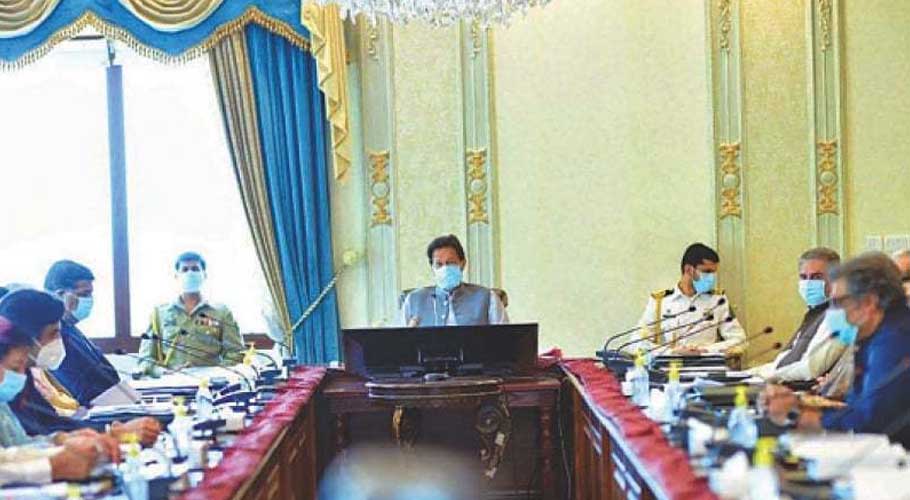![]() Follow Us on Google News
Follow Us on Google News
ISLAMABAD: Prime Minister Imran Khan has convened a meeting of the National Coordination Committee (NCC) on Covid-19 on Friday (today) to review the pandemic situation and devise a future strategy amid the Omicron threat.
According to details, PM Imran will chair the NCC meeting at the Prime Minister’s Office on Friday afternoon, which will review the prevailing pandemic situation in the country and take major decisions to stem the spread of the disease.
The meeting would be attended by officials from National Command and Operation Centre (NCOC), federal ministers and other concerned representatives. The coronavirus monitoring body would brief NCC about the steps being taken to control the spread of Omicron cases.
A day earlier, private media outlets reported that six suspected cases of coronavirus’ Omicron variant were detected in Karachi. According to the reports, the suspected patients have a travel history.
“Four of them arrived in Karachi from South Africa, where the Omicron variant originated, and two others from Britain,” the media outlets reported.
The reports further stated that the samples taken from the suspected patients have been sent to a private hospital for further confirmation and the patients have been shifted to a quarantine centre.
Pakistan reported its first suspected case of the Omicron variant on December 8. Following its gene-sequencing, Aga Khan University Hospital confirmed it as the new variant on Dec 13.
Moreover, 32 suspected cases were reported in Balochistan’s Kalat district during a vaccination and diagnostic process, a provincial health department official confirmed. The National Command and Operation Centre (NCOC), however, has not yet confirmed any cases in Kalat.
Omicron threat
Last month, Federal Planning Minister Asad Umar and Special Assistant to the Prime Minister on Health Dr Faisal Sultan had sounded the alarm, saying that the arrival of the Omicron variant was inevitable and a matter of time.
“This [strain] has to spread in the whole world as we saw before that when a variant comes, the world is so interconnected that it is impossible to stop it,” Umar had said, adding that vaccination was the most logical solution to curb the threat.
Pakistan had placed a complete ban on November 27 on travel from six south African countries — South Africa, Lesotho, Eswatini, Mozambique, Botswana and Namibia — and Hong Kong in the wake of the variant’s discovery.
This travel ban was later extended to nine more countries — Croatia, Hungary, Netherlands, Ukraine, Ireland, Slovenia, Vietnam, Poland and Zimbabwe.
Additionally, the National Command and Operating Centre placed 13 countries comprising United States, United Kingdom, Germany, Trinidad and Tobago, Azerbaijan, Mexico, Sri Lanka, Russia, Thailand, France, Austria, Afghanistan and Turkey in category B.
Omicron has been classified by the World Health Organisation as a “highly transmissible” variant — the same category that includes the predominant Delta variant.






























